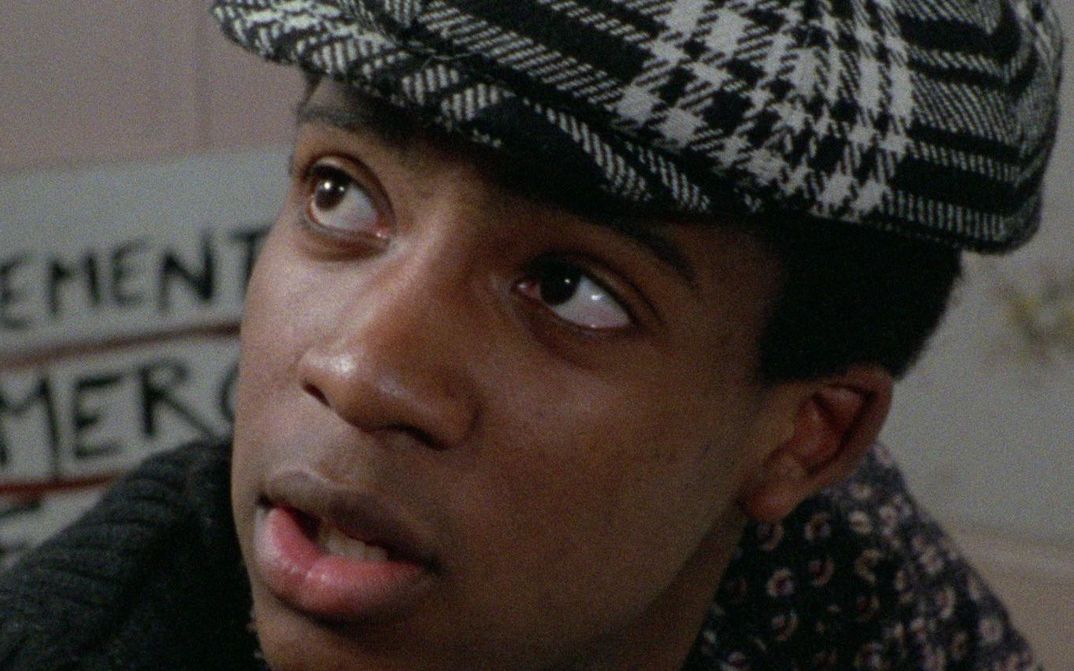City Kino Wedding: Pioneers of Black British Cinema

The film history of the African and Caribbean diaspora in Britain goes back to the 1960s. While social realist film movements such as Free Cinema had until then mainly told stories about the white male working class, this period saw the first cinematic explorations of the realities of migrants of the Windrush generation, who came to Britain from the West Indies from 1948 to 1971, and those from other former British colonies.
The Jamaican actor and film maker Lloyd Reckord went to England in the 1950s, and in 1963 explored the British class system in Ten Bob in Winter. The South African anti-apartheid activist Lionel Ngakane lived in exile in England from 1950 and in 1966 revealed a conciliatory view of the racist trends in the London district of Notting Hill in Jemima + Johnny. The Caribbean musician Reginald Branch, better known as Frankie Dymon Junior, demystified the hippie utopia of “Swinging London” in his 1969 avant-garde film Death May Be Your Santa Claus. The Pioneers of Black British Cinema at City Kino Wedding, which was part of the British Shorts Film Festival of 2018, focused on these rarely screened short films by Reckord, Ngakane and Dymon Junior. Unfortunately, film history has shown that the works were unable to launch long-term careers for their makers in the British film industry.
In cooperation with Arsenal on Location, the Pioneers of Black British Cinema program is effectively continuing with a selection of groundbreaking works made from the 1970s to the 1990s. This was a time when it became easier to question the prevailing ideologies of the (white) film and television industry and juxtapose them with alternative images of Black Britain. The ACTT Workshop Declaration and the creation of Channel 4 in 1982 opened up new funding opportunities and distribution channels for independent film productions. Various workshops emerged in the 1980s, including Ceddo Filmand Video, the Black Audio Film Collective and the Sankofa Film and Video Collective.
Our selection of five film programs takes into account intersectional perspectives and explorations of Britain's (post)colonial history. The works reflect the tensions caused by Margaret Thatcher's Conservative government and the influence of incidents such as the 1981 New Cross fire in London and the Handsworth riots of 1985. The way that they influenced contemporary directors such as Steve McQueen (Small Axe), Amma Asante (Belle), Kahlil Joseph (BLKNWS: Terms & Conditions) and Barry Jenkins (Moonlight) is also unmistakable. (Henning Koch)
This program was curated by Henning Koch. With special thanks to Ngozi Onwurah and Simon Onwurah.
At City Kino Wedding, Müllerstraße 74, 13349 Berlin
Arsenal on Location is supported by the Hauptstadtkulturfonds.